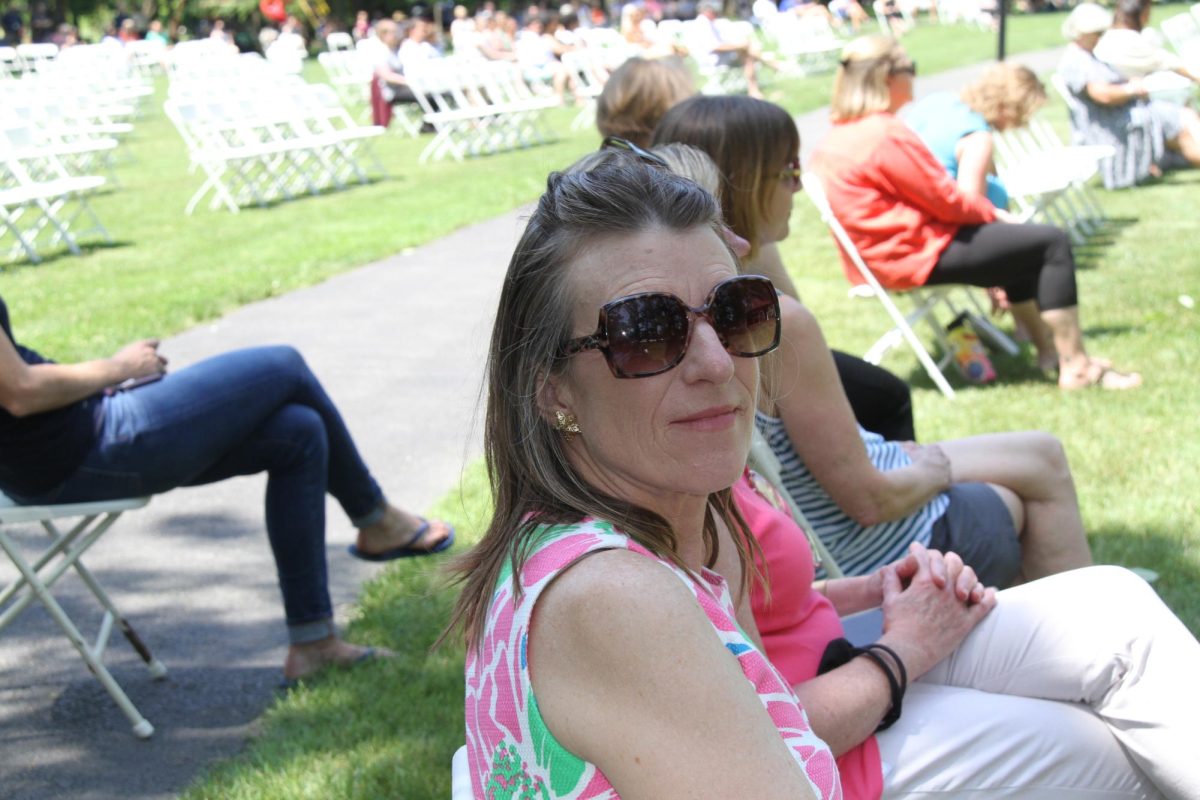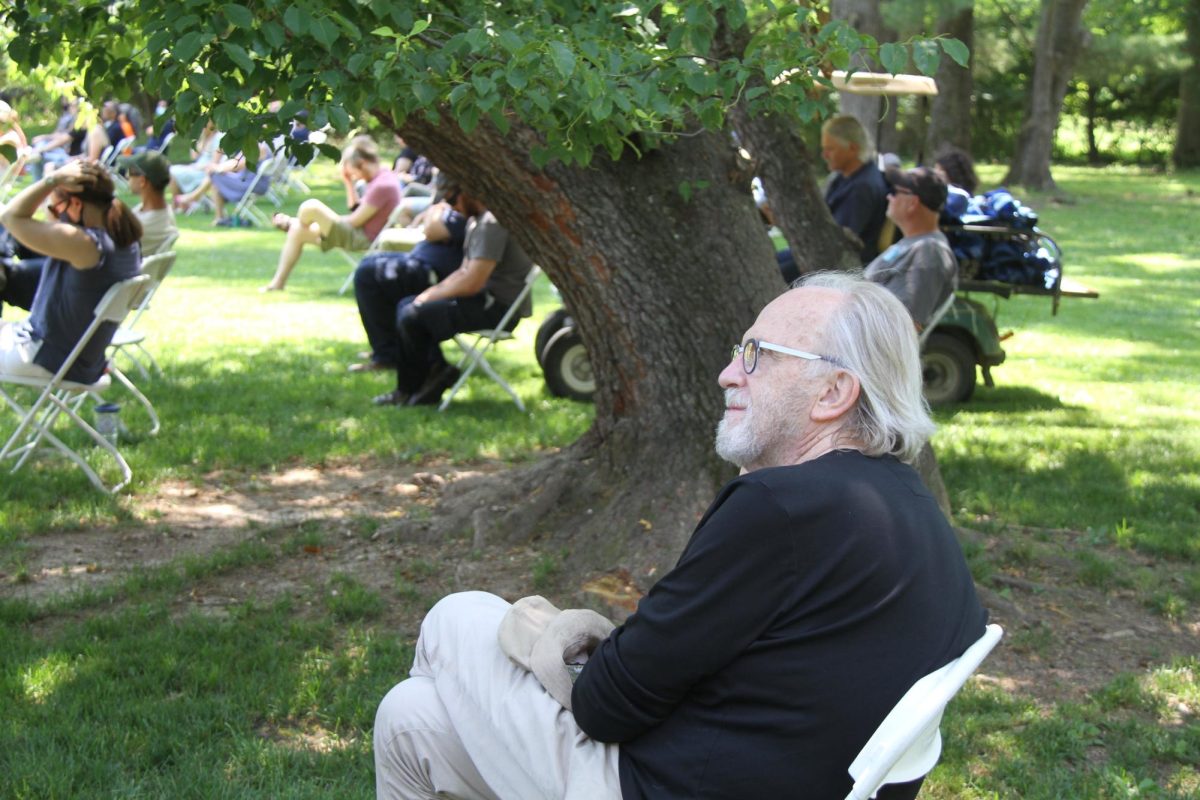Zen and the art of college acceptance
March 22, 2016
Your best friend was just accepted to college, and you could not be happier for her. You have been through the ups and downs together, and now you are both seniors, arriving at the long awaited moment of college decisions. When it is fnally your turn to check, you open the email, feeling encouraged by your friend’s recent news. You feel a rush of elation, fueled by years of hard work, the many college acceptances of others, and the encouragement of faculty, parents, and friends. A click later and all that exhilaration disappears, soon replaced by disappointment, frustration, and a sense of termination as your dream for the next four years of your life is decided in a few words, “We regret to inform you…”
In the fall and winter, with results of early decision pouring in, many high school seniors receive college acceptances, and it is natural to want to celebrate this. After everything students have been through, they deserve to be happy and to share their excitement and good news. However, said senior Emma Sharer, “I think people should definitely keep in mind that not everyone will be accepted, and that seeing other people celebrate is hard if you’re rejected.”
Despite the fact that you can make the most of your college experience no matter where you go, the lines between acceptance, deferral, and rejection often feel like the tiers of a hierarchy. It is easy to slip into the notion that some schools are better than others and, in the moment of your acceptance or rejection, to forget about the the memories and lessons learned during high school.
“While getting into a college might seem like a validation of hard work and determination, we can’t forget just how arbitrary the whole process is,” said senior Devika Kumar. PDS college counselors often say that colleges’ choices, especially those of very selective colleges, are hard to predict because their goal is to create a balanced, diverse, motivated class. What we perceive as a very personal, individual evaluation is actually a much more complex process which requires tough judgment calls.
Students should not look at college decisions as an ultimate critique of their character, because the fluidity and evolution of a lifetime of experience and learning can in no way be judged by what people in that specific moment require for a particular class in a certain setting. Neither should students see college decisions as a limitation of the prospects of their future, for wherever students end up, there is an ability to lead a meaningful life.
An accepted applicant “was special before some college—and some random college admissions offcer who doesn’t even know her—sent her an email,” added Kumar. “We should celebrate a person’s every accomplishment, not just this most arbitrary one.”
As we go forward, it is important to remember that we should encourage and support the efforts of those around us every day. And as we celebrate the acceptance of some students, we must remember the rest, and remind people that this is only one moment in a much bigger picture.





